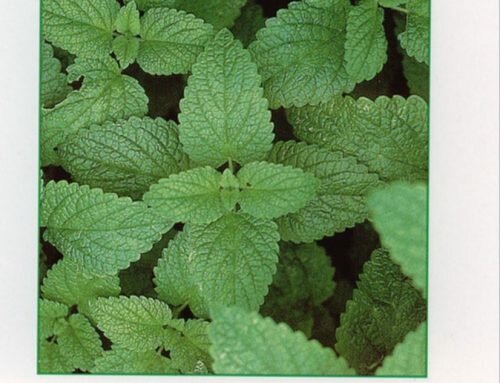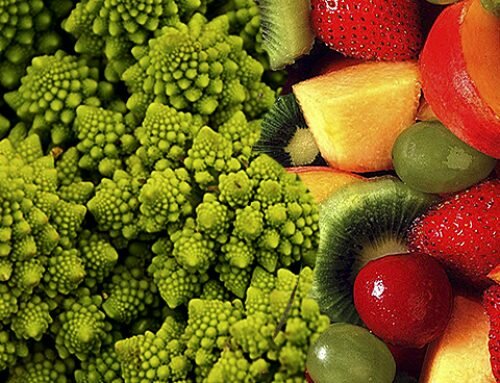A new research conducted by Columbia University in New York and presented at the American Academy of Neurology, at the annual meeting, suggests that a linked adherence to the Mediterranean diet (MEDI) can prevent brain atrophy and cognition disturbances in advanced age, overall giving a larger brain volume.
This study suggests that a MEDI can prevent cognitive decline or AD [Alzheimer] keeping intact brain structure or delay the atrophy associated with aging, the researchers said.
The increasing use of the investigations by the brain neuroimaging and biomarkers, allowing researchers to examine changes in preclinical older individuals, including brain volume, cortical thickness, the integrity of the white matter, and the deposition of amyloid: in this way the link between diet and the brain is more evident.
The study was carried out with a group of older people who have participated in the project “Washington Heights-Inwood Columbia Aging” (WHICAP).
This cohort study included 674 people aged 65 years or older, of New York City and had no signs of dementia.
All participants underwent a structural magnetic resonance imaging at high resolution, as well as an assessment of adherence to MEDI based on a questionnaire that asked participants taking fish, vegetables, fruit, legumes, cereal, of dairy products, meat and poultry and alcohol.
A higher score (0 to 9) showed better adhesion to MEDI.
The researchers assessed the intracranial volume (ICV), the total brain volume (TBV), the total volume of gray matter (TGMV), the total volume of white matter (TWMV), and cortical thickness (CT).
Among the 9 components of MEDI, the greater fish assumption was associated with higher scores of TGMV, and lower intake of meat was associated with both a TBV that a TGMV largest. The increased consumption of fish was also associated with a higher CT.
In the study it was observed that most of the link food was driven by a higher intake of fish and from a lower consumption of meat.
Potential mechanisms include the anti-inflammatory and / or anti-oxidants, as well as the potential slowdown of the accumulation of β-amyloid and tau.
The consequence is to prove that the diet can influence the volume of the brain, and that this study adds a further hypothesis on the link between diet and brain health.
However, the literature on the benefits of Medi seems to be more than just a casual observation.
Surely it is very important to the lifestyle in old age, but starting at a younger age!!





